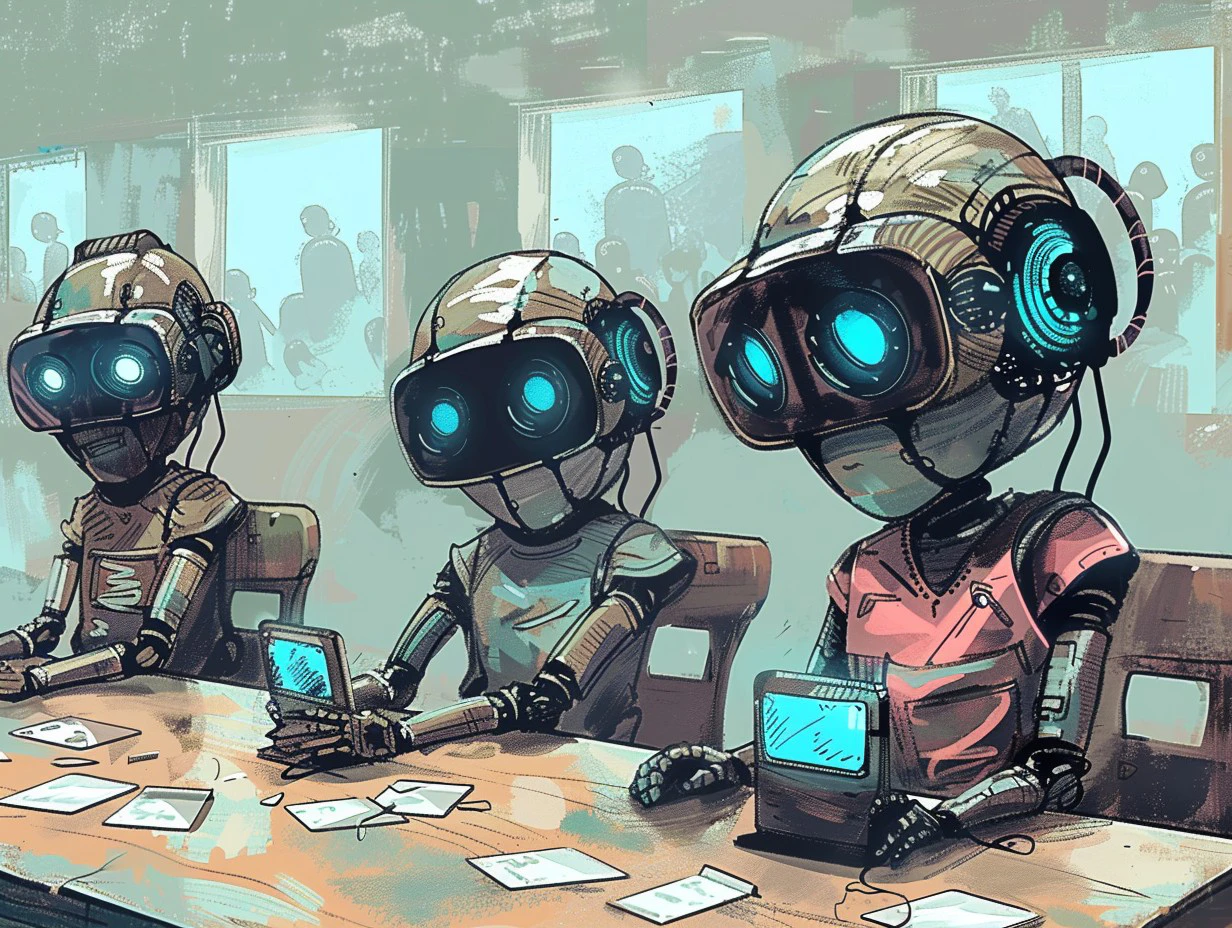Recently, the Carnegie Mellon University’s research team unveiled SOTOPIA-π, a fresh method aimed at boosting AI’s social savvy. This approach focuses on teaching language agents about human social interactions. With an eye on making digital conversations feel more natural and understanding, SOTOPIA-π could change how we interact with machines.
Traditional AI systems are smart with words but are weak with social cues and emotions. SOTOPIA-π improves AI systems by plunging them into real-life-like social situations. The method uses advanced learning techniques, such as behavior copying and self-improvement training, guided by a large language model’s feedback. This innovative strategy allows AI to learn from direct experience, mirroring how humans pick up social skills.
From learning to leading
The impact of SOTOPIA-π is notable. AI agents trained with this method are showing remarkable abilities in handling complex social tasks, matching the performance of top-tier models without compromising safety or their knack for general inquiries. This leap forward is not just about smarter machines but about creating digital helpers that understand and empathize with human emotions. Imagine virtual assistants and educational bots that can genuinely gauge and adapt to your mood, offering support that feels deeply human.
Social skills of AI
SOTOPIA-π opens doors to a future where AI can engage in meaningful, empathetic conversations, making every digital interaction more enjoyable and personal. Beyond just responding to commands, these AI agents can sense emotions, adapt their responses, and offer support that truly resonates. This advancement promises to change how people benefit from AI in everyday life, from smarter virtual assistants to more intuitive educational tools, making technology an even more integral part of humanity’s social fabric.





